10 Clear Recession Indicators That Are Everywhere Right Now
As the economy feels uncertain, it’s hard to overlook the signs that a recession might be ahead. Frugal habits are becoming more common, and small shifts in consumer behavior are noticeable. Look closely, and you’ll spot these changes everywhere.
Wasting Food as a New Flex

Credit: Instagram
Influencers, like Hailey Bieber, have been photographed discarding food in campaigns. This flaunting of waste during a time when prices for basic groceries are rising shows a stark contrast between the rich and those struggling to make ends meet. It’s a troubling visual commentary on the growing disparity.
Luxury Brands Embracing “Value” Over Prestige
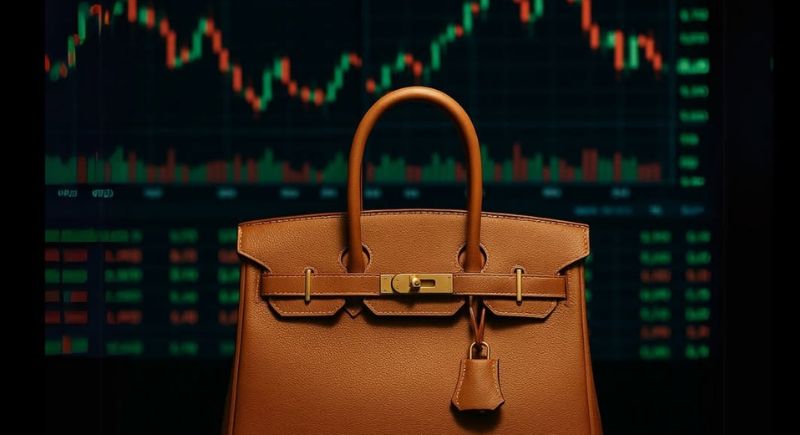
Credit: Instagram
Instead of marketing their products as luxury items, many high-end brands are emphasizing value. They’re breaking down their products’ cost and ensuring consumers understand their purchases are “essential.”
Egg Prices Spark Cultural Jabs
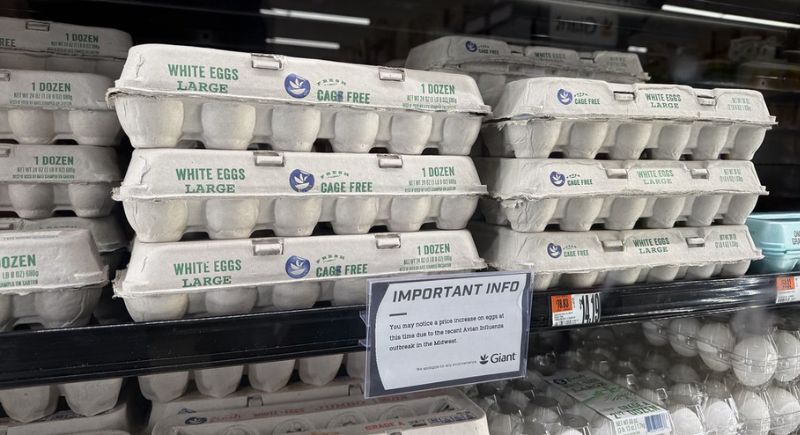
Credit: flickr
Egg prices soared in 2025, and brands like The Ordinary capitalized on the absurdity by selling eggs as a beauty product. The cost of living is becoming a national joke, albeit one that no one finds funny anymore.
Snack Consumption Drops
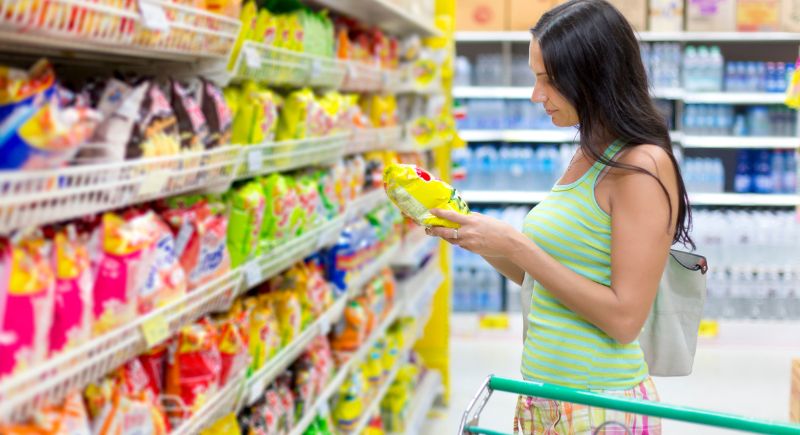
Credit: Getty Images
Snacking less is another clear sign of economic strain. People are cutting back on the simplest indulgences, such as chips or granola bars. Major snack producers like General Mills have reported a dip in sales.
Mini Drinking Bottles Are Gaining Popularity
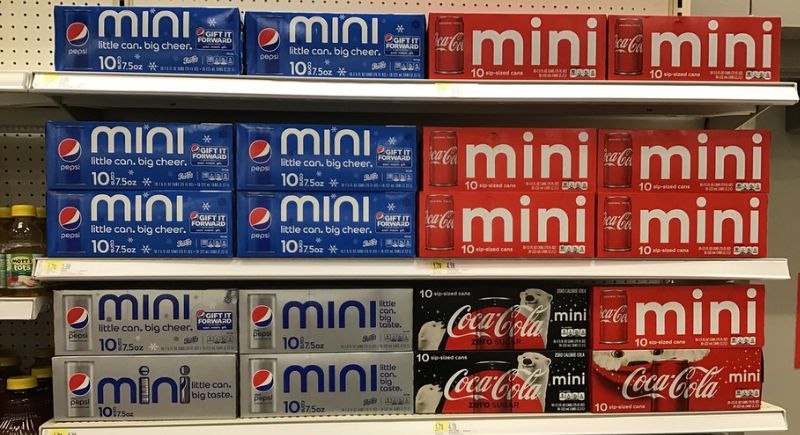
Credit: flickr
Consumers are shifting away from full-sized drinking bottles in favor of smaller, mini versions—likely due to cost-saving measures. People are still interested in enjoying their beverages, but are looking for cheaper alternatives.
Recession Pop on the Rise
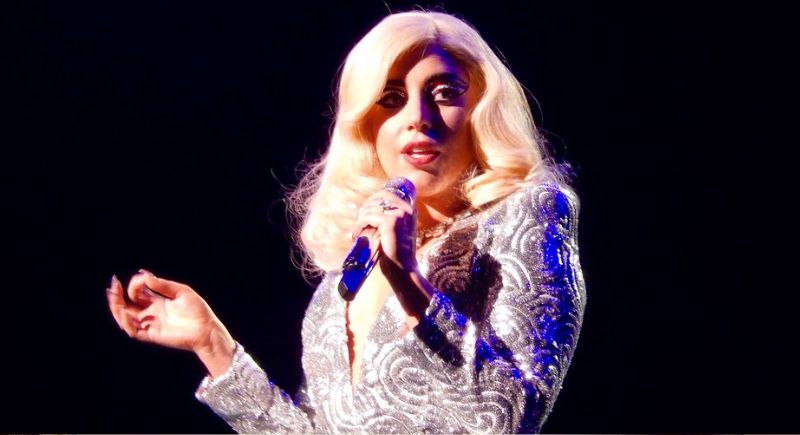
Credit: flickr
Music trends can be a fun reflection of our collective mood, and lately, “recession pop” is returning. Artists like Lady Gaga and Kesha are embracing upbeat, dance-worthy tunes that provide an emotional escape from economic worries.
Underconsumption-Core: A New Lifestyle

Credit: pexels
On social media, many people are embracing underconsumption as a lifestyle choice. They opt for a more minimalist approach rather than chasing fast fashion or trendy aesthetics. “No Buy January” even became a widespread movement.
Lipstick Sales Rise, Despite the Economy
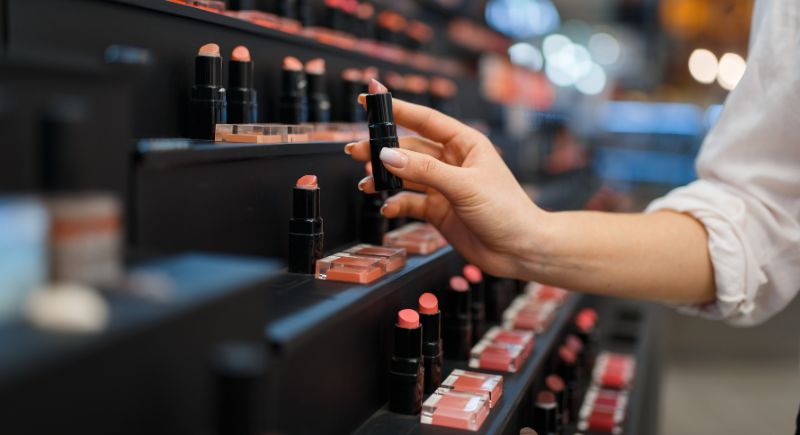
Credit: nomadsoulphotos
The “lipstick index,” coined during the 2001 recession, suggests that lipstick sales rise when the economy falters. As people cut back on larger purchases, they often turn to affordable luxuries, like cosmetics, to maintain a sense of normalcy.
Canned Fish and Budget-Friendly Recipes

Credit: Canva
Influencers post about budget-conscious recipes, with “canned fish” and “onion boils” gaining attention. People are finding creative ways to eat well without breaking the bank. Cooking on a budget is becoming necessary.
“Eat Now, Pay Later” Services

Credit: Facebook
DoorDash and Klarna have teamed up to offer “Eat Now, Pay Later” services that allow customers to delay meal payments. This partnership directly responds to consumers looking for ways to manage their expenses while still enjoying small luxuries like food delivery.
Recession Hair: The “Old Money Blonde” Look

Credit: Instagram
A less-than-glamorous sign of financial strain is “recession hair.” This term refers to the look of unkempt roots that people can no longer afford to have professionally touched up. Ironically, this trend is being rebranded as “old money blonde.”
Cardboard Shipments Are Down

Credit: Getty Images
A sharp decline in cardboard box shipments often correlates with a dip in consumer spending. In 2022, the U.S. saw a significant drop in cardboard demand, mirroring what happened during the 2008 recession. Fewer boxes being shipped means fewer goods are being purchased.
Tax Bracket Trinkets

Credit: Reddit
When people can’t afford larger purchases, smaller “trinkets” become the go-to indulgence. Brands like Loewe and Coach have capitalized on this by selling lower-priced collectible items.
Airlines Promoting “You Deserve a Treat”
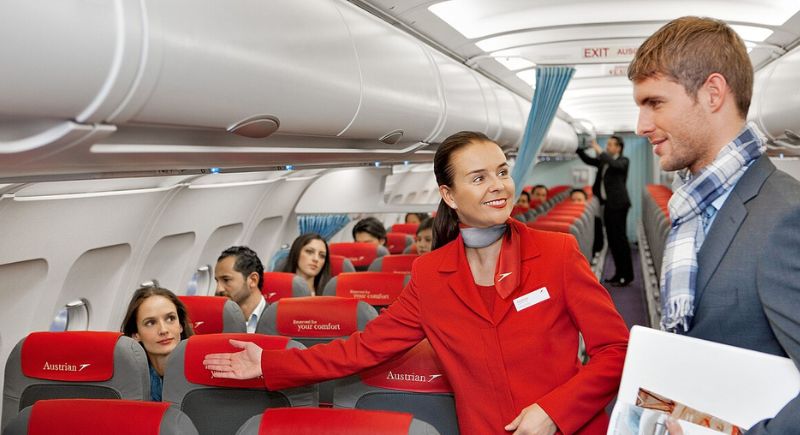
Credit: Wikipedia
Airlines are now marketing vacations as a much-needed “treat.” The phrase taps into the desire to escape the daily grind but also hints at the financial strain many are under.